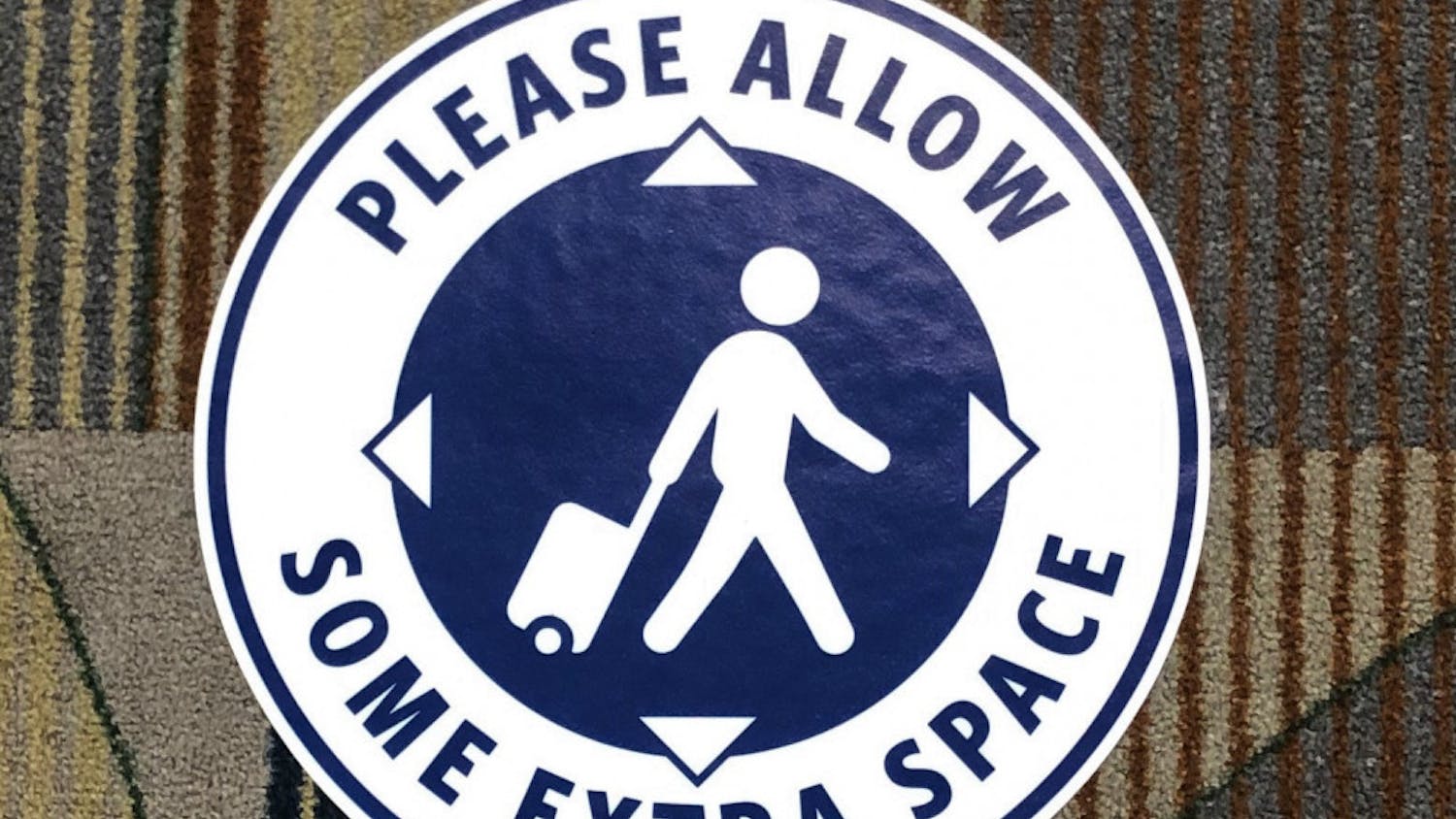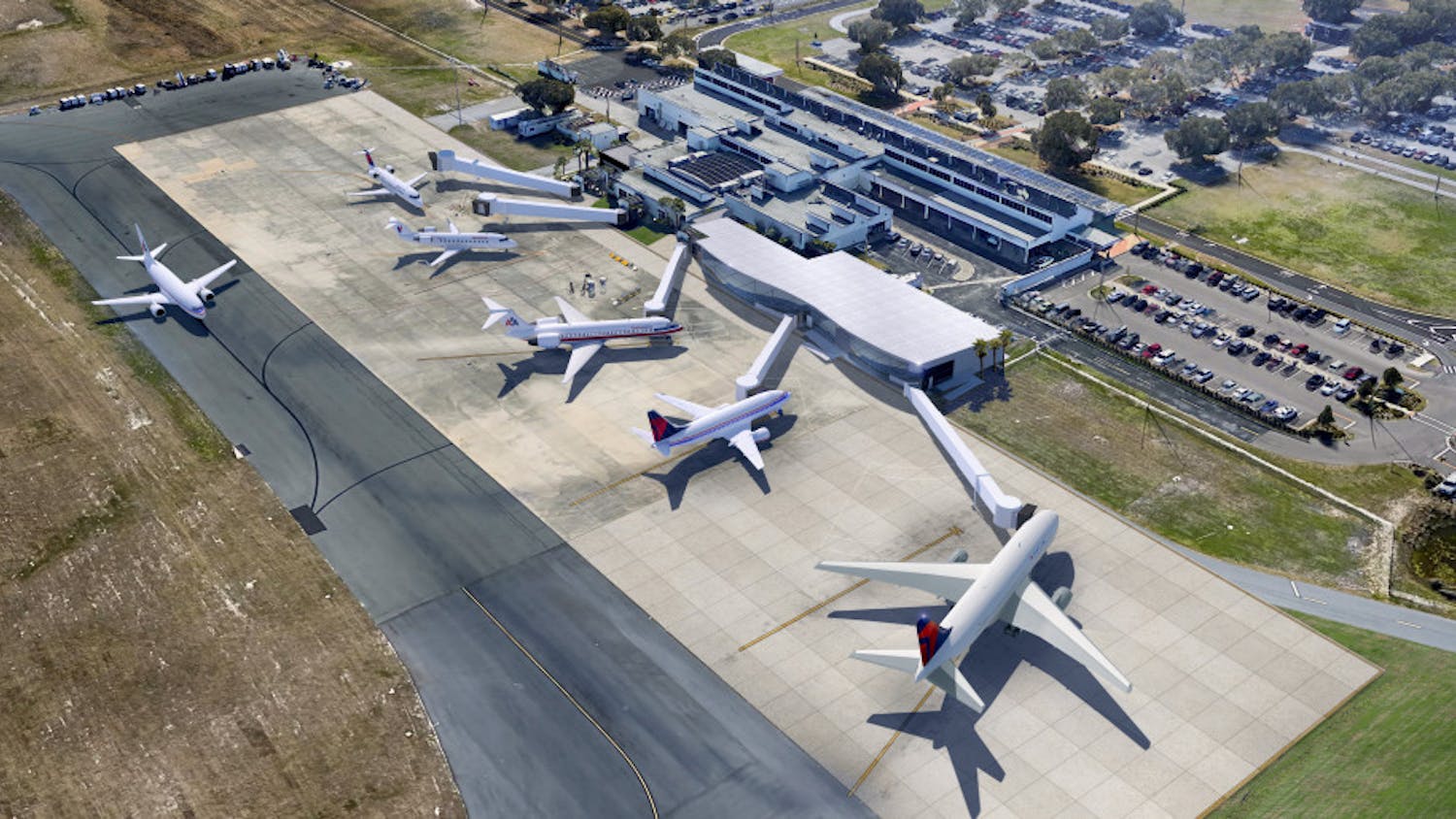Privacy is one thing travelers may soon have to do without.
According to a recent USA Today/Gallup poll following the attempted Christmas Day bombing of Northwest Flight 253, 78 percent of Americans support the use of new airport scanners that create a more revealing image of the subject than a simple X-ray.
John Stinneford, assistant professor of law at the UF Levin College of Law, said the new body scanners do not violate the Fourth Amendment’s unreasonable search and seizure clause.
“What is reasonable depends on what we expect,” Stinneford said.
If the government shows reason for conducting the full-body scans, travelers won’t be able to refuse, said Juan F. Perea, a law professor at the UF Levin College of Law.
“It’s just something we need to get used to,” he said.
Sari Koshetz, Transportation Security Administration spokesperson, said the new scanner’s images are anonymous, adding that passengers’ faces are blurred.
Although Orlando International Airport and Gainesville Regional Airport do not use the new scanners, Jacksonville International Airport has already installed them.
Orlando is expected to install the new technology soon, according to an Orlando International Airport spokeswoman.
UF freshman Henry Legett believes the new full-body scanners are a justified precaution.
“I think it’s a greater step towards safety,” Legett said.





